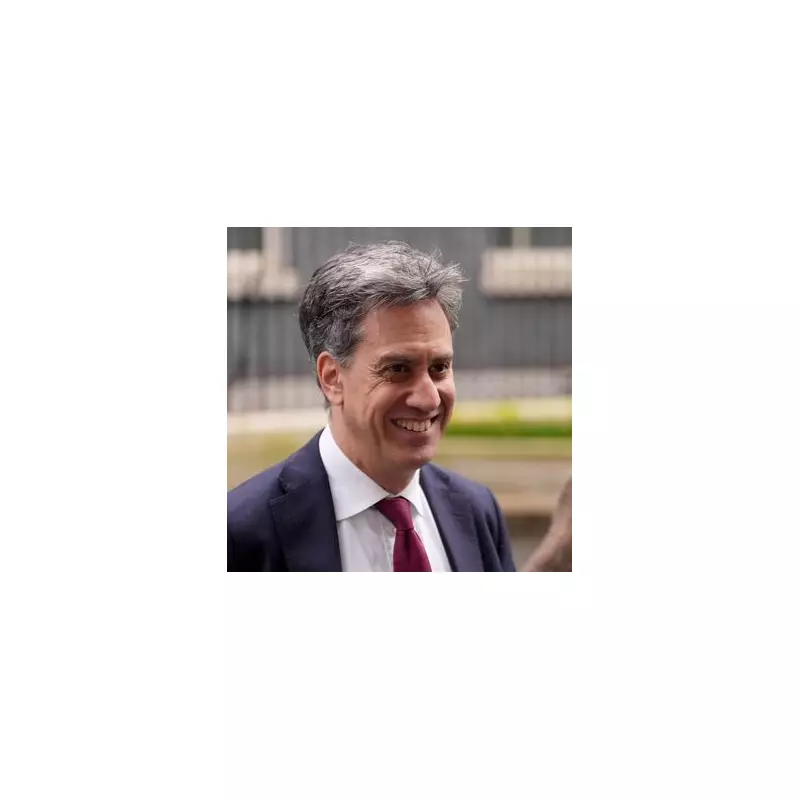
In a dramatic political confrontation, former Labour leader Ed Miliband has accused Nigel Farage of "doing Putin's work for him" following the Reform UK leader's explosive comments about the Ukraine conflict.
Farage's Provocative Claims Spark Fury
The political firestorm erupted after Farage claimed in a recent interview that the West had "provoked" Russia's full-scale invasion of Ukraine through NATO expansion. The controversial remarks have drawn condemnation from across the political spectrum, with Miliband delivering the most scathing rebuke.
"When Nigel Farage says the West provoked this war, he is echoing the propaganda of the Kremlin," Miliband stated during a heated exchange on BBC's Sunday with Laura Kuenssberg. "He is playing directly into Putin's hands and doing his dirty work."
A Dangerous Narrative
Miliband, who currently serves as Shadow Secretary of State for Climate Change and Net Zero, didn't hold back in his criticism of Farage's position:
- Accused Farage of promoting "dangerous nonsense" that aligns with Russian disinformation campaigns
- Warned that such rhetoric undermines Western unity and support for Ukraine
- Highlighted the potential consequences for UK security and international standing
The Labour frontbencher emphasised that "there is only one aggressor in this conflict - and that is Vladimir Putin's Russia." He stressed that blaming the West for the invasion represents a fundamental misunderstanding of the situation and plays into Moscow's narrative.
Political Fallout Intensifies
The controversy comes at a sensitive time for UK politics, with Farage's Reform UK party gaining ground in recent polls. Miliband's intervention signals Labour's determination to confront what they see as dangerous foreign policy positions gaining traction in British politics.
"This isn't just about political disagreement - it's about fundamental truths," Miliband argued. "When British politicians start repeating Kremlin talking points, we have to call it out for what it is."
The exchange underscores the deepening political divisions over foreign policy and national security as the UK approaches a general election, with Ukraine policy emerging as a key fault line between mainstream parties and populist movements.






